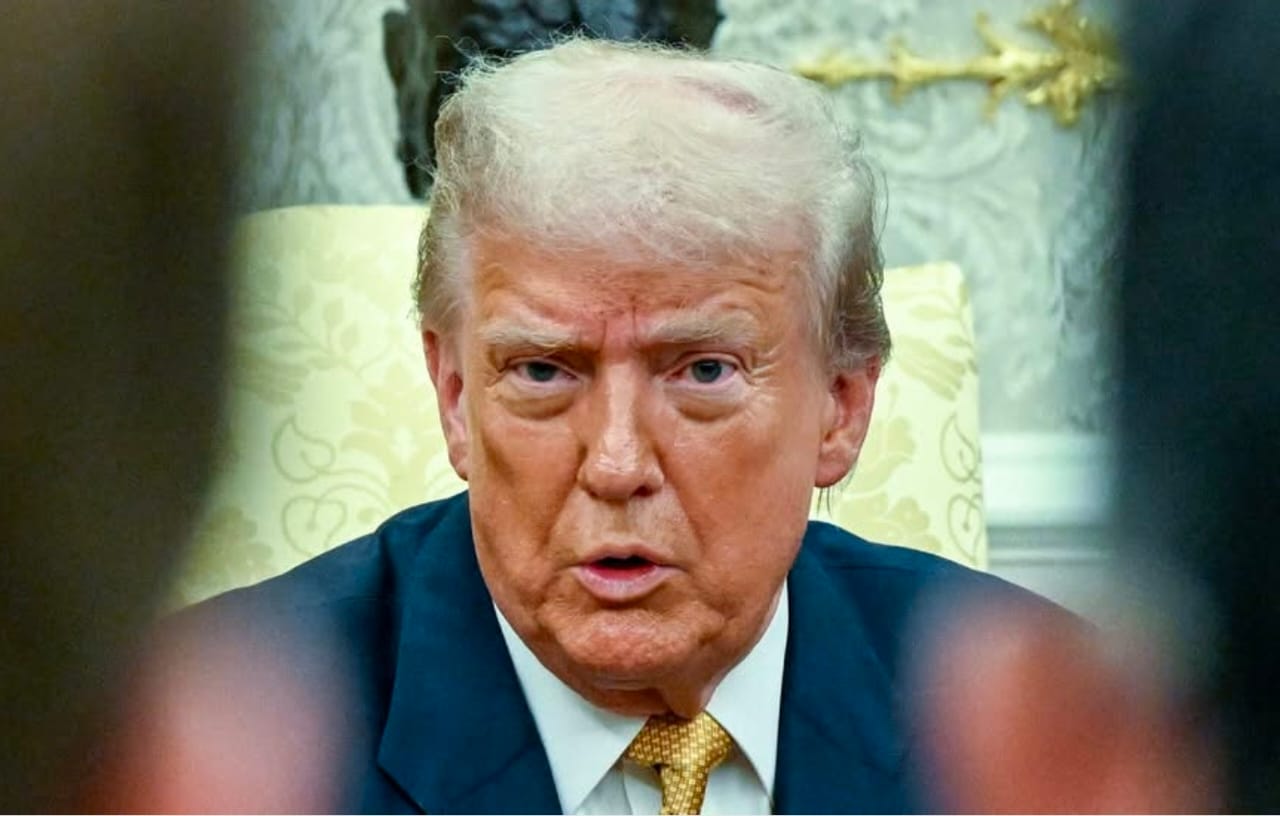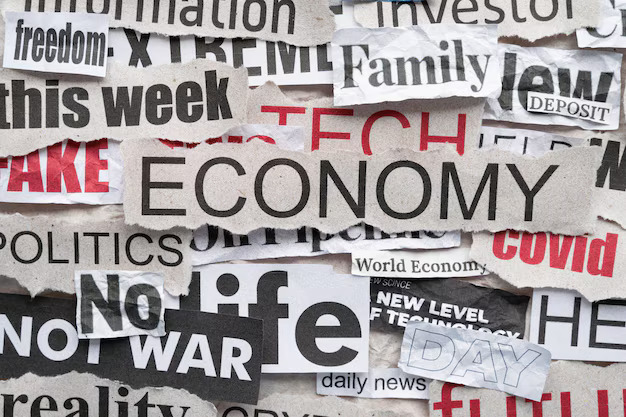
America Withdraws from UNESCO Again: A Retreat from Global Cultural Leadership
In a decision announced on July 22, 2025, the Trump administration declared that the United States would withdraw from UNESCO for the second time, with the exit scheduled to take effect on December 31, 2026 theconversation.com+1The Washington Post+1France 24+15El País+15Prothomalo+15. This move marks another powerful gesture of America’s “America First” doctrine, signaling an unmistakable shift away from global cultural cooperation.
The Official Rationale: “Woke,” Divisive, and Anti-Israel
White House officials, representing the administration led by President Trump, have defended the decision by claiming that UNESCO promotes “woke,” divisive social causes and gender initiatives contrary to U.S. values theconversation.comABC7 New York+9The Daily Beast+9Politico+9. A principal grievance is UNESCO’s recognition of Palestine as a member state since 2011, a step the U.S. views as politically biased against Israel and inconsistent with American foreign policy The Daily Beast+7Al Jazeera+7Reddit+7. The State Department's criticism also extended to UNESCO’s commitment to Sustainable Development Goals and perceived pro-China influence in narrative-shaping initiatives TIME+15The Daily Beast+15New York Post+15.
A History of Withdrawal: 1984, 2017—and Now 2025
This marks the third withdrawal of the U.S. from UNESCO: first during the Reagan era in 1984, again under Trump in 2017 (taking effect in 2018), and now in 2025. The Biden administration had rejoined the agency in mid-2023, pledging to address U.S. funding arrears and counterbalance Chinese influence in global institutions WikipediaFrance 24The GuardianPolitico.
Institutional and Financial Impact
UNESCO officials, including Director-General Audrey Azoulay, expressed regret but noted the agency was prepared for this possibility, recalling that the U.S. now provides only 8% of its operating budget — a decrease from the 22% share it once held prior to the 2011 cessation of funding ElHuffPost+5Prothomalo+5ABC7 New York+5. While UNESCO insists it can sustain its operations through diversified financing, analysts warn the U.S. departure weakens its ability to shape educational, cultural, and heritage programs worldwide Reddit+15theconversation.com+15The Daily Beast+15.
Strategic Implications: Soft Power and Influence Lost
Amid soaring accusations of unilateralism, critics argue this withdrawal is less about policy reform and more about relinquishing America’s soft power platforms. Without active participation, the U.S. forfeits its leverage over global norms in education, heritage conservation, artificial intelligence governance, gender equality initiatives, and Holocaust education TIMEThe Washington Postthehill.com. As one analyst writes, “This decision cedes more ground to U.S. competitors—especially China”—in arenas where UNESCO plays a central role ABC7 New York.
Moreover, scholars see this step as part of a broader pattern: the first Trump term saw withdrawals from the WHO, the U.N. Human Rights Council, the Paris Agreement, and now, again, UNESCO under his second term. These decisions compound damage to U.S. credibility, as foreign partners anticipate sudden reversals in long‑term policy commitments The Washington PostWikipediathehill.com.
Looking Ahead: Who Suffers, Who Gains
UNESCO, founded in 1945 to prevent war through shared knowledge and cultural exchange, now faces diminished U.S. influence. While the agency insists its mission endures, budget cuts mean scaling back key programs—especially in regions historically supported by U.S. initiatives like Holocaust remembrance, journalism safety, and education access in Africa France 24ElHuffPost.
Meanwhile, China and other UN member states may fill the vacuum left by U.S. disengagement, consolidating their influence over UNESCO’s standards, heritage site recognitions, and narrative framing around global issues TIMEglobaltimes.cn.
Conclusion: A Retreat or Recalibration?
From Mir Amjad Ali Khan’s perspective: this second U.S. departure from UNESCO is less a policy pivot and more a precipitous move. It signifies an abandonment of global cultural stewardship at a time when soft-power cooperation and international credibility are more needed than ever. The loss of voice, influence, and leadership risks making America more isolated in a world that demands cross-cultural trust and collaborative responsibility.
Note:
The withdrawal is formally effective December 31, 2026, and reflects choices made within the broader “America First” foreign‑policy posture of President Trump’s second term, which began in January 2025

.jpg)




💬 Comments
No comments yet. Be the first to comment!